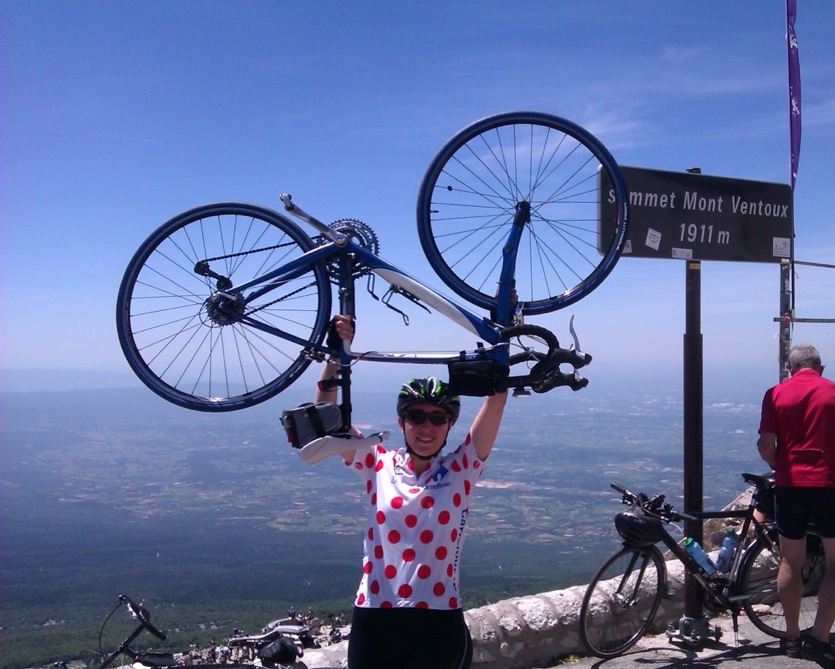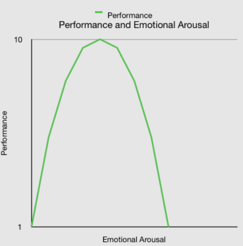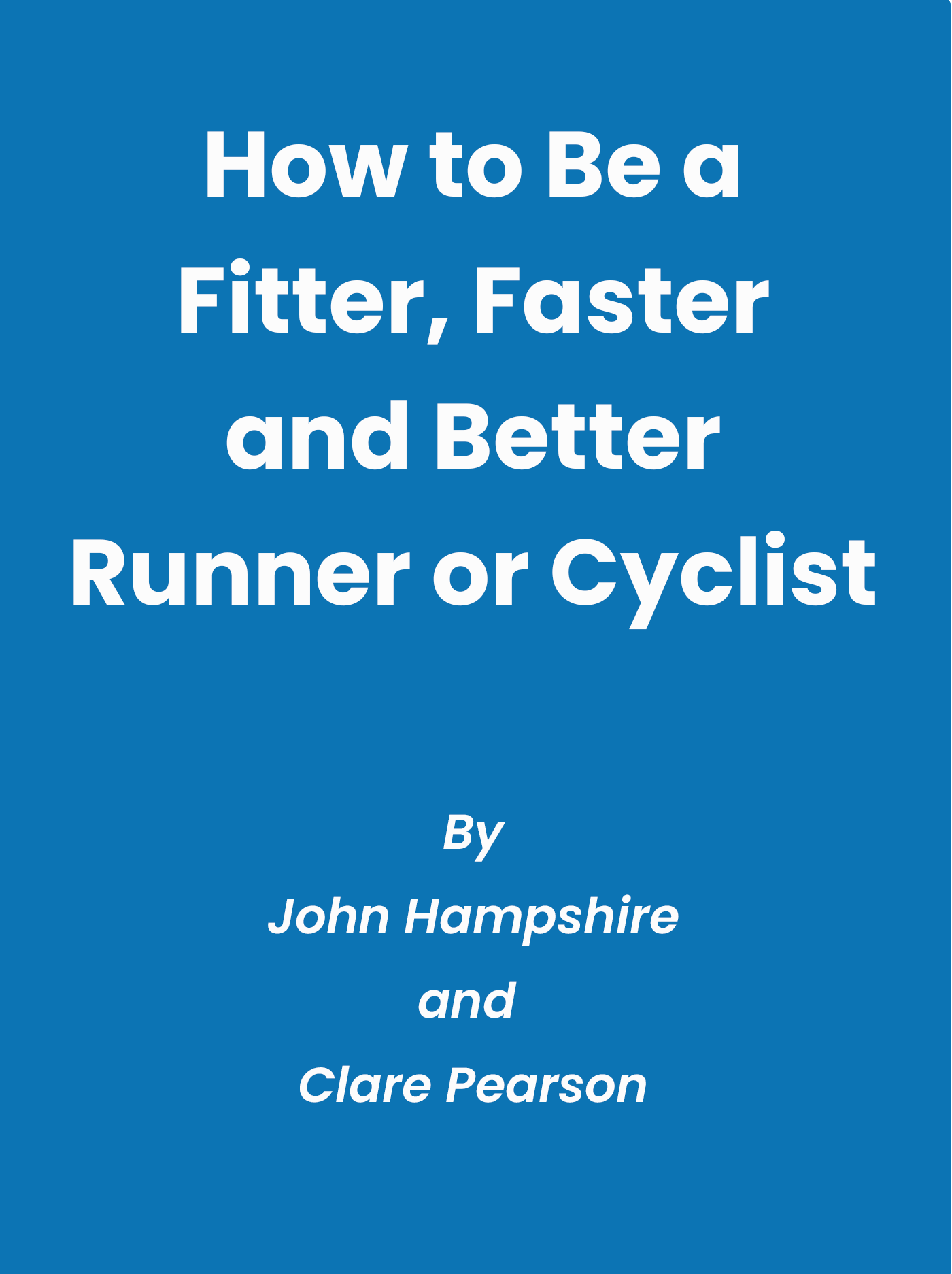Can Hypnosis Help Me Achieve my Performance Goals?

I was first introduced to the concept of hypnotherapy in sport by John. John had used hypnosis with several clients to good effect, included Karen Darke (pictured above). John and I used the technique to enable me to become more focussed and positive when racing. I used the skills we had practised in hypnosis to good effect during the Dentdale Run in 2012 going on to win the ladies race, something which I never thought possible. It was this positive effect of hypnosis that inspired me to go on and become a qualified hypnotherapist myself in 2013. So yes, hypnosis can help you have a more positive mindset and achieve performance goals.
However, it is not simply a case of going to one hypnotherapy session and suddenly becoming fitter and better. Hypnotherapy can help by focussing the brain and creating positive attitude to yourself which will boost your performance. In my experience it works best with clients who invest in the exercises and brain training that goes with it.
What is hypnotherapy?
Most people have seen some kind of popular hypnosis used for entertainment, or even heard or seen some type of hypnosis like the comedic persona in Little Britain. Alot of people are, however, unsure of what it is and can feel quite frightened about taking part in hypnotherapy.
First of all I prefer to use the term hypnotherapy because I think this is more accurate for the way I have used hypnosis both for myself and clients; that is, I have used the skill of hypnosis to help myself and others achieve a particular goal. Hypnosis is the act of being in an altered state whereas hypnotherapy is using the skill of inducing that altered stated to achieve a particular goal which will help the client be better in some way.
My way of explaining hypnosis to clients is that it is a relaxed state, similar to the kind of state you might be in when you become totally absorbed in a task like watching TV or playing music. In these states you will be completely aware of your surroundings and in complete control of what you are doing, yet are likely to jump if someone breaks your focus because you are so aborbed in the task.
The difference with hypnosis is that rather than that state being a bi-product of your focus on a task, we actively seek that state in order to better perform a task either in the very near or distant future.
So for example if, like me you struggle with negative thoughts about your own performance during races, a typical hypnotherapy session would start by developing a skill which will help you manage and/or replace those negative thoughts with positive ones or a positive image. Most hypnotherapists will use a variety of kinaesthetic and visual elements to develop the skill, depending on the clients learning style to invoke the desired feelings and beliefs. For my sessions with John I recalled a time in training when I felt I was running well (you know those days where you feel like you are flying?). We could then use this to invoke feelings of positivity and a more positive attitude to myself.
Once you are able to use the skill and have practised it several times we can then go into a more relaxed hypnotic state. In this state, we are more able to focus and we are more open to suggestion. So in my case this was a better state to be in to combat long-held negative thoughts about my own ability to perform.
Once in the relaxed state the images and skills already discussed are reinforced in both the script (what the hypnotherapist says) and by getting you to once again practise the skill.
You are then gently brought back into a more wakeful state and encouraged to keep practising the skill as part of your training and in racing before the key event. This part is key, you have learned a skill and like all skills it will get better and stronger with practice. Hypnotherapy will help reinforce that skill and the associated feelings that go with it, but my own experience is that the effect weakens with time if not practised.
Self-Hypnosis
Most people at one time or another have been in some kind of trance (ever got home from work and wondered how on earth you got there?). In these states where we may be repeating well known tasks and going into auto pilot we are completely relaxed, we are fully aware of our surroundings and can react appropriately if there is an emergency but we are in a different mental state. You can induce a relaxed state and conjure up positive images for yourself to enable you to succeed at your goals; this is a matter of mental training and is often done best by learning how to do so with a trained hypnotherapist. However, there is a wealth of information out there both on the internet and in books which you could use.
How can it improve performance?
For a long time now it has been well established amongst professional athletes that mental training forms part of their event preparation. If you have spent any time watching professional athletes in sporting events you will have seen how focussed they become in the lead up to the event, focussing on the finish line if they can see it, going through their own warm up routines, listening to music/recordings. Tiger Woods is a good example of a successful athlete who has used hypnotherapy to help his performance. I find that hypnotherapy can really help people relax and focus and manage pre-event nerves, so that they go into an event with positive rather than negative energy.
We know that in sport we perform best at a certain level of emotional arousal, being able to maintain that level and not go too high or too low is a really good way of maximising performance.

The graph shows how your performance is linked to your emotional arousal and how it is important to keep a certain level of emotion to perform at your best. Too little and you will be lacking the energy to perform; too much and your emotions will get in the way of your performance.
Hypnotherapy can help you develop skills to do this effectively and consistently.
In longer events it is particularly important to be able to maintain control of your emotional arousal and keep positive. Races with long and/or multiple climbs, difficult or monotonous sections can feel overwhelming and in some way as athletes we need to be able to stay focussed and continue to believe (despite our screaming bodies) that we can continue. We also need to remain focussed internally on our own race and not get drawn into someone else’s and set off too fast or too slow.
In my post about pacing mountain races I discussed planning the route by physically practising it or looking at maps and routes. Being able to visualise yourself on parts of that route and associating positive feelings and imagery with that can build confidence and be a useful tool to fall back on when you are struggling in a race.
Paula Radcliffe has spoken of her way of breaking up miles by counting steps according to pace; focussing on this task was a good way of helping her break down the marathon distance and to remain focussed on the race.
Of course not all these techniques are necessarily accompanied by hypnotherapy, although hypnotherapy can usefully help embed these skills on a deeper level.
Related Questions
Can hypnosis help with injury? There are a growing number of practitioners who are turning to alternative methods to help with injury and recovery to complement other skills. In the first instance I would always advise someone to speak to a qualified physiotherapist or other healthcare professional to get an accurate diagnosis. However, there is good evidence that hypnosis can help deal with the frustration of injury and focus the brain on wellness to good effect.
What’s the difference between visualisation and hypnosis? The main difference between visualisation and hypnosis is your state of mind at the time and this can be different for different people. Undoubtedly some people when using visualisation techniques will be in some kind of induced relaxed/hypnotic state, for others, they may require to be actively inducted into this state for it to occur. The more relaxed you are when using visualisation, the more effective it will be and this is the reason some people choose to use hypnotherapy rather than visualisation alone.
Tags:
cycling, Clare Pearson, Cycling Training, Mountain Running, Cycle Training, Bikepacking, Coaching, Mountain BikingJanuary 22, 2019

Comments